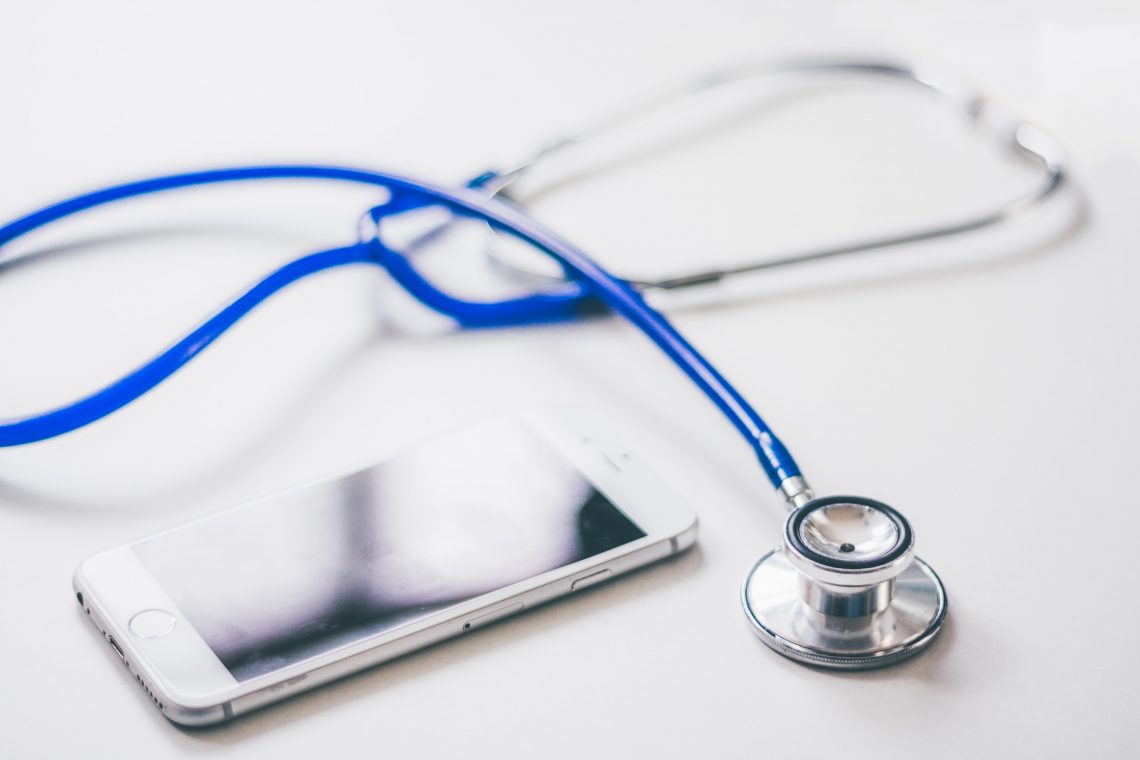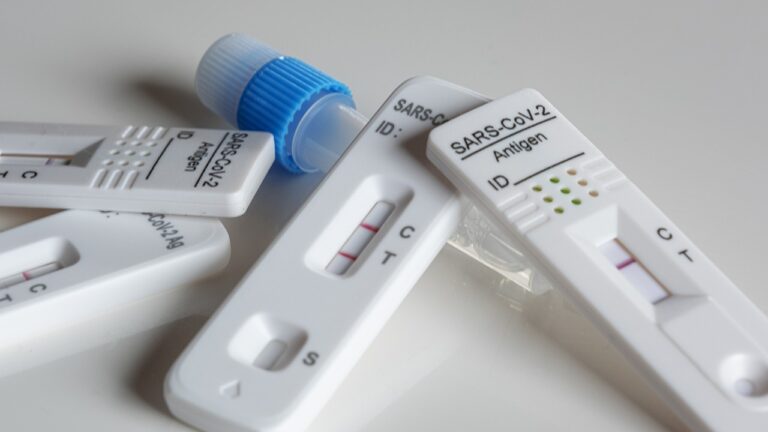The coronavirus requires everyone to make adjustments. Employees have to work from home as much as possible, events have to be cancelled and those who have a cold have to stay at home. This has consequences for current contracts, employers and privacy in the workplace. The outbreak of the coronavirus also has major consequences for the way in which care can be provided to patients. The Dutch Healthcare Authority (NZa) is therefore broadening the possibilities for providing remote healthcare.
Broadening regulations
Due to the coronavirus and the increase in the number of people with a corona infection, healthcare providers have to deal with large numbers of people. The Dutch Healthcare Authority deems it important that people still receive the care they need. The Healthcare Authority therefore eliminates possible limitations to remote care in all healthcare sectors. Examples include a contractual condition in the Healthcare Authority rules or the obligation of face-to-face contact.
Face-to-face consultations
Physical face-to-face consultations between the patient and the healthcare provider are, in principle, a prerequisite for being able to invoice the care to the healthcare insurer.
In order to reduce the risk of infection and to help relieve the pressure on hospitals, the Dutch Healthcare Authority has temporarily broadened the rules for face-to-face consultations. Hospitals can therefore also do the first consultation with a patient remotely. This means a digital or telephone consultation. They can invoice this to the health insurer, without this having any consequences for the reimbursement. In this way, people do not have to come to the hospital if this is not really necessary.
The exceptional measure takes effect from 1 March until the national guidelines of the government and the National Institute for Public Health and the Environment (RIVM) no longer apply. After termination there will be a transition period of one week.
Digital consultation: security
The Dutch Data Protection Authority emphasises that caution should be taken when using (video) chat services. For conversations in which sensitive data is discussed, the available secure means of communication should be preferred. This is first and foremost the telephone.
Many healthcare organisations already have secure options for video calling or chatting. These systems meet the strict standards set for healthcare (NEN7510).
Not all healthcare providers have secure options for video calling or chatting. In that case, they should consciously deal with possible alternatives, such as FaceTime, Skype or WhatsApp. The Data Protection Authority advises that these should be used in very exceptional cases during the corona crisis.
“In this crisis, good healthcare takes precedence over privacy, but take important safeguards. Make sure that you discuss as little sensitive data as possible. For instance, do not mention names, but instead use information such as calendar numbers or patient numbers. When discussing personal data via a consumer app, inform the person concerned of the privacy risks whenever possible. If possible, ask, for example, the patient you are talking to for permission. Are you using a chat app such as Signal or Whatsapp? Then at least delete the chat history after every conversation. And remember to check whether the app you are using sends your messages encrypted. Secure your Internet connection with a strong password.”



